KIT Blog
When Shavaram’s wife learned she had leprosy, it ended in tragedy... but you give hope that her story will not be repeated.
This October 10th we observe World Suicide Prevention Day. Mental health has been in our hearts and prayers this year. Many people are experiencing anxiety, depression and worse. Tragically, people affected by leprosy are among those most vulnerable to suicide. They face discrimination, forced isolation, and abuse because of how misunderstood leprosy is.
Shavaram is from Nepal, where sadly many people are used to caste discrimination. When his wife found out she had leprosy, her life took a dreadful, tragic turn.
“I remember when my wife first discovered patches on her skin,” Shavaram says.
“She was so worried about what her parents would think. They were from a high caste family. Her father was a priest. He told her that because she had leprosy, she was cursed. It wasn’t long after this that she hung herself. All I had was my children, and I want them to have a bright future.”
At this stage, Shavaram still knew very little about leprosy. The belief that leprosy is a curse is widespread in Nepal and neighbouring India. Stories like Shavaram’s wife are all too common. Families and communities isolate and abandon people with leprosy. But Shavaram’s experience with leprosy was not over.
“At first, I didn’t know what was happening to my daughter. Some people told us it was tuberculosis, others said it was cancer. Only when we went to the community hospital did we discover that my daughter Samana had leprosy.”
“I knew how bad leprosy was for Samana’s mother. For her, suicide felt like an easier option than battling with discrimination. I didn’t want the story of Sumana’s mother to be repeated.”
But then, Shavaram was put in contact with The Leprosy Mission. Shavaram and Samana learned that leprosy was not a curse, but a curable disease. They were able to get the help they needed to stay together as a family. They were given hope again!
“Through the help of The Leprosy Mission Australia, my daughter finally received the correct treatment for leprosy. Her hand used to be clawed, but since the operation she has much more movement in her fingers. Knowing her leprosy was curable lifted our spirits.”
“She also received a scholarship through The Leprosy Mission’s education program. Without this scholarship, I could never have afforded to provide Samana with the good education she deserves.”
“Through the help of The Leprosy Mission Australia, I received a loan so that I could breed chickens. They gave me agriculture and business training, so that I could earn income in my own village, and not have to leave my children. I have already sold some chickens, which has enabled me to provide for my family, and repay my loan.”
Shavaram’s experiences with leprosy changed him. He has received help, thanks to supporters like you! Now he wants to help others, and give hope to them too.
“Nobody should have to go through the stigma that my daughter and my wife experienced.”
“And yet, I have discovered that there are so many more people in my community who were hidden, not wanting anyone to know that they have leprosy.”
“This is why I am part of The Leprosy Mission’s Self-Help Group. Our Self-Help Group has shown people in the community that leprosy is curable, and not a curse. Less people are hiding their symptoms, and more people are being treated.”
“I’m very proud of the work that we do.”
“A small amount of help from Australian donors has made a big difference for my daughter, and my community.”
“Your help has made me feel that God is looking after us. Thank you!”
On October 10 at 8PM, people around the world will light a candle of remembrance for people tragically lost to suicide. People like Shivaram’s wife. We invite you to join in. Your support, no matter how small, can make big differences to people like Shavaram and Samana.
 You can watch a video of Shavaram and Samana by scanning the QR code or visiting www.vimeo.com/tlmaustralia
You can watch a video of Shavaram and Samana by scanning the QR code or visiting www.vimeo.com/tlmaustralia
If the topic of suicide has raised concerns for you, please contact Lifeline on 13 11 14 or at www.lifeline.org.au.













